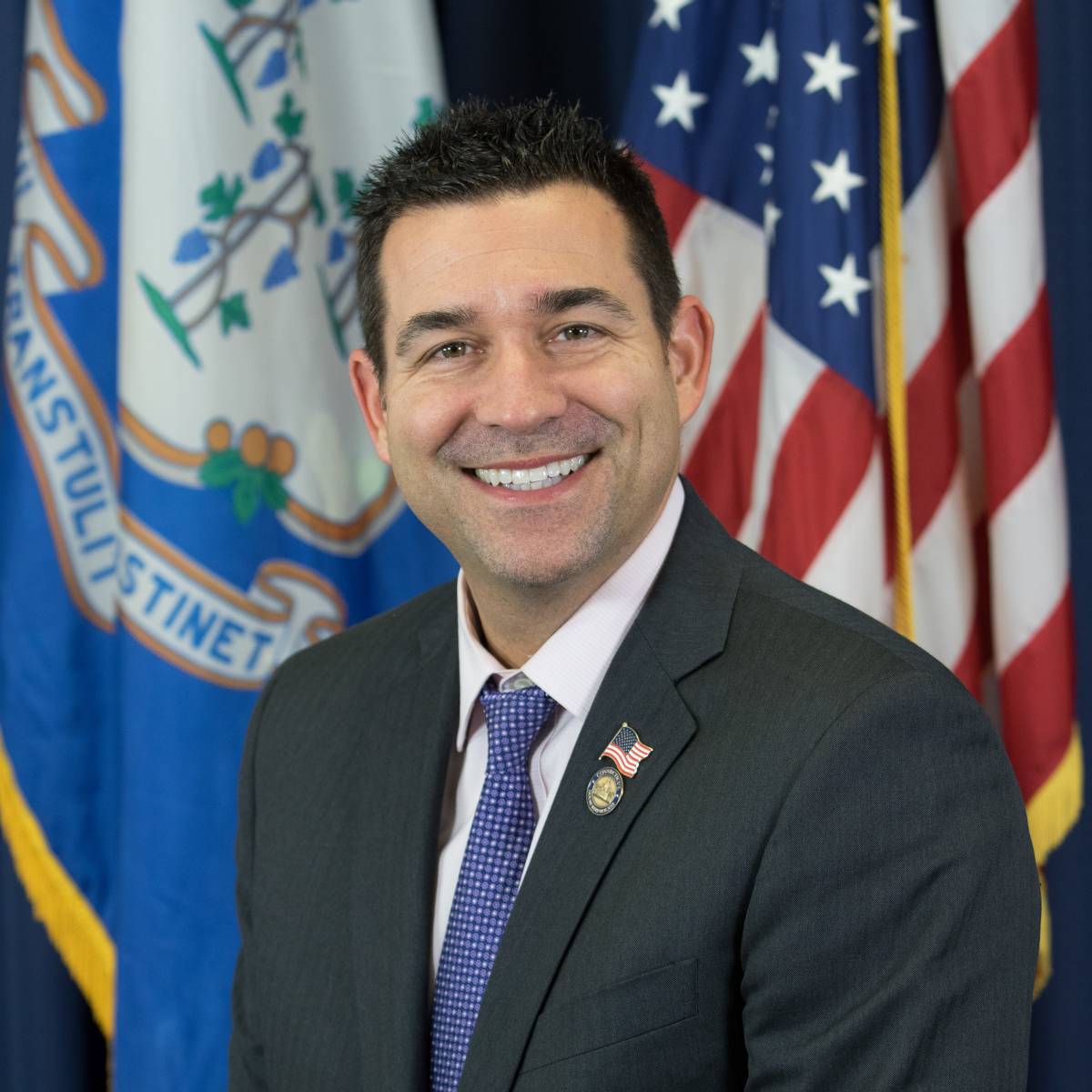Editor’s Note: The following is an OpEd written by State Rep. Tony Scott, R, who represents Connecticut’s 112th District, which includes Monroe and portions of Easton and Trumbull. For information, visit RepScott.com.
I understand the high cost of living we in this state face already and like you, was shocked by just how high my monthly electric bill spiked this month. There are a few reasons why this happened, and I am joining my Republican colleagues in offering solutions to combat Connecticut’s absurdly high electric rates.
We are also calling on the majority party and Governor Lamont to convene a Special Session to address some short-term relief.
Let’s back up. How did we get here?
The Public Benefits portion of our bills skyrocketed this month because of three factors. One was an agreement voted on by the legislature in 2017 to purchase power from Millstone Nuclear Plant. Another is to cover the cost tied to a roughly four-year state-imposed moratorium on electric service shutoffs. The debt from both of those are what the Public Utilities Regulatory Authority (PURA) decided can be “recoverable costs” for the utilities.
That brings us to the third factor. PURA voted to allow Eversource and United Illuminating to recover hundreds of millions of dollars over 10 months.
We as ratepayers are stuck with this “back payment” until April 2025. Unless the legislature takes action.
We can go into Special Session right now and cover the portion of rate increases associated with the moratorium by reallocating any remaining end-of-year American Rescue Plan Act (ARPA) funds.
We wouldn’t have to call a special session if the Democratic majority had taken up that suggestion in February, before these rates went into effect. And before a big chunk of ARPA money, which was meant as pandemic relief, was diverted to UConn and other higher ed institutions.
Connecticut was the last state in the country to have a shut-off moratorium still in effect from COVID-19, now resulting in this rate shock. The decision not to vote on using ARPA funds left ratepayers covering the bills of those who didn’t pay theirs.
There are long-term solutions that could address this problem, instead of putting the burden on the backs of the ratepayer, too. PURA is supposed to have five members on the deciding board. These are appointed positions and for years, governors have only appointed three, leaving two vacancies and fewer people to push back on behalf of the consumer.
Another proposal is to separate the Department of Energy and Environmental Protection (DEEP) and PURA. Right now, their missions don’t align. PURA is supposed to be holding utilities accountable and making decisions that are in the best interest of the ratepayer. DEEP is pushing alternate energy, like wind, which currently is double the rate of natural gas.
These long-term rate stability solutions were also proposed back in February and the Democrats decided not to even hold a public hearing on the ideas.
This is about priorities. If we’re not working to better the lives of Connecticut residents, then what are we doing with our time in office?
I know none of this situation is ideal, but I will continue to advocate for ways to ease this burden, including reforms that could reduce government impact on utility rates.







Rep Scott,
Thank you for the deep dive explanation behind some of the factors driving the high cost of energy in Ct. I also appreciate suggesting some remedies, and pointing out some of the costs incurred by Political decision making. As they say ‘elections’ have consequences, some consequences are not fully know or realized until significant impact has been felt.
Continue your great work looking out for the 112th district, an Ct. in general.
Rgds
Sean O’Rourke
Thank you for the simple explanation, Tony. It’s better than what I have seen in the news. I wish you and the Republican Assemblymen good luck in getting the legislation passed to separate DEEP and PURA into two entities. Why can’t PURA membership be a legislative mandatory five appointees, no option? Unfortunately, I doubt if there is much, if any ARPA funds left for reallocation; or should not be. Thanks for what you do.